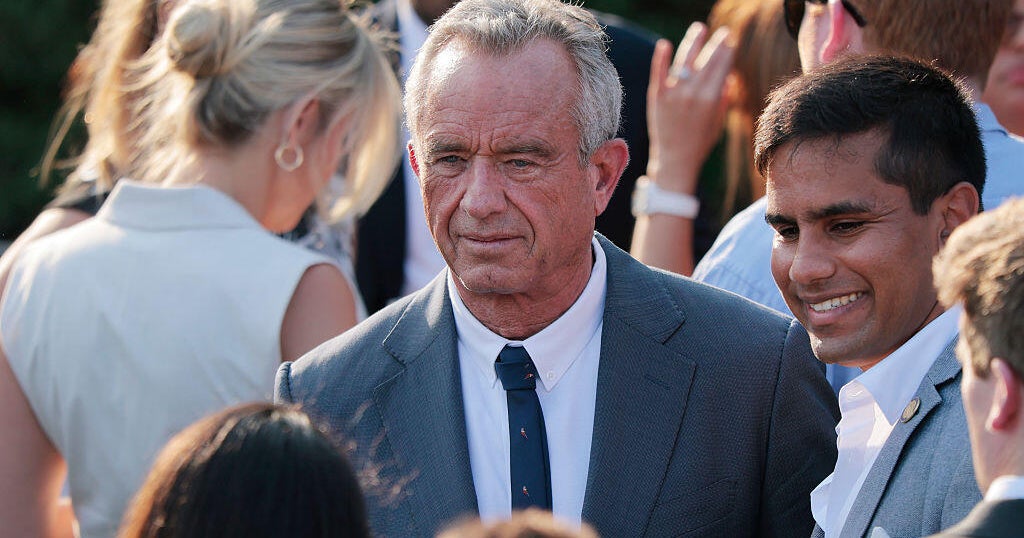Health and Human Services Secretary’s Decision Sparks Controversy
The secretary for health and human services, Robert F. Kennedy Jr., has come under fire for his recent decision to "retire" all 17 members of the Advisory Committee on Immunization Practices (ACIP). Kennedy claims that the committee had become "little more than a rubber stamp for everyone" and that a "clean sweep is required to restore the public’s trust in vaccine science."
Reaction from the Medical Community
The move has been met with widespread criticism from the medical community. The American Medical Association stated that Kennedy’s decision "undermines a transparent process that has saved countless lives." The American Academy of Pediatrics called it "part of an escalating effort by the administration to silence independent medical expertise and undermine trust in life-saving vaccines."
Background on the ACIP
The ACIP is a committee of independent medical and public health experts who advise and vote on vaccine recommendations for the Centers for Disease Control and Prevention (CDC). The CDC uses these recommendations to determine immunization schedules for adults and children. The committee’s decisions are closely watched by experts and health authorities, as they are tied to federal guidelines, including requirements for insurance coverage and liability protection.
Concerns Over Kennedy’s Motives
Kennedy’s decision has raised concerns about his motives and potential conflicts of interest. Dr. Celine Gounder, a medical contributor to CBS News, noted that Kennedy has sued several vaccine manufacturers and may have a personal stake in the outcome of the committee’s decisions. Senator Bill Cassidy, a doctor and the top Republican on the Senate Health Committee, expressed concern that the ACIP will be filled with people who are not experts in vaccines, but rather have a "suspicion" of them.
Selection Process for New Committee Members
It is unclear who will replace the retired committee members or how they will be selected. Typically, career CDC officials select experts to sit on the committee from applications they receive and forward the selection to the secretary for approval. Kennedy claimed that the previous administration had made last-minute appointments to the committee, which would not have allowed the Trump administration to appoint a majority of new members until 2028.
Implications of the Decision
The move has significant implications for the public’s trust in vaccine science and the ability of the government to ensure the health and well-being of the American public. The American Public Health Association called Kennedy’s decision an "undemocratic coup" of the process, while the American College of Physicians accused him of "undermining the standard processes of transparent vaccine review" at the CDC.
Upcoming Committee Meeting
The decision comes just before a planned meeting of the ACIP, scheduled for June 25, where the committee was set to vote on new recommendations for COVID-19 and other vaccines. The meeting and the selection of new committee members will be closely watched by experts and health authorities, who are concerned about the potential impact on public health.

